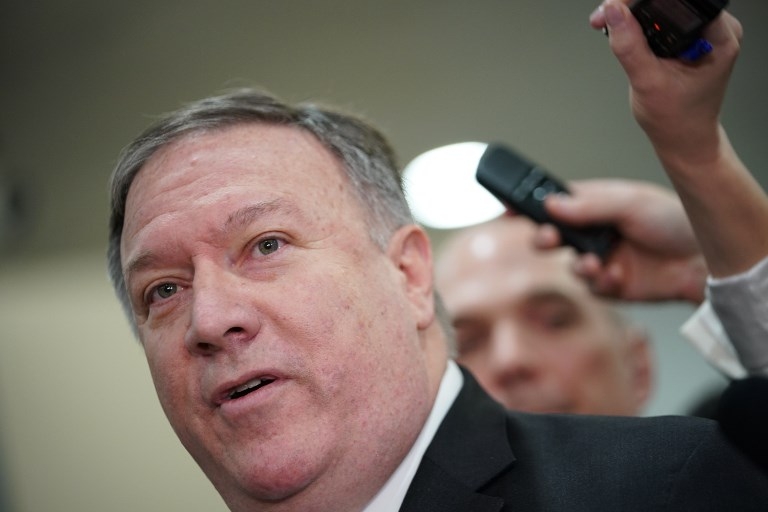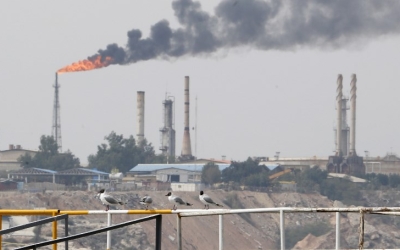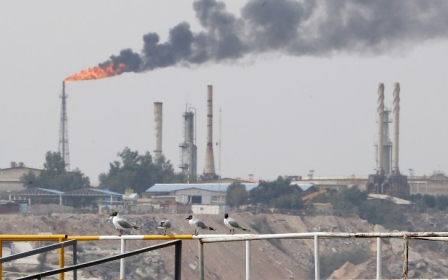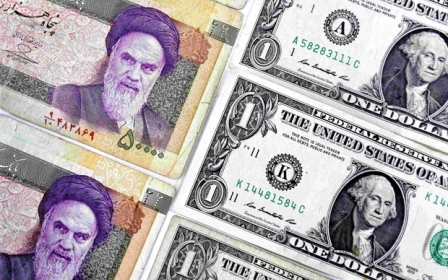No more waivers: US will try to force Iranian oil exports to zero, report says

About a year after the US left the Iran nuclear deal, the State Department is set to announce that all countries must end their imports of Iranian oil or be subject to sanctions, the Washington Post reported on Sunday.
On Monday morning, Secretary of State Mike Pompeo will announce that as of 2 May, the State Department will no longer grant sanctions waivers to any country that is currently importing Iranian crude or condensate, two unidentified State Department officials told the Post’s columnist Josh Rogin.
Last November, the State Department issued 180-day waivers to eight countries to give them more time to find alternative sources of oil.
A decision to end waivers would have implications for world oil markets, which have been awaiting word from US President Donald Trump.
Reuters news agency said it was unable to independently verify the report.
The two officials told Rogin that market disruption should be minimal for two reasons: supply is now greater than demand and Pompeo is also set to announce offsets through commitments from other suppliers including Saudi Arabia and the United Arab Emirates.
Three of the eight countries that received US waivers last November have already reduced their Iranian oil imports to zero: Greece, Italy and Taiwan. The other countries that will now have to cut off Iranian oil imports or be subject to US sanctions are China, India, Turkey, Japan and South Korea.
The Post’s report made no mention of Iraq's imports of gas and electricity.
The State Department last month issued a second three-month exemption from Iran sanctions for Iraq, which is heavily reliant on Iranian gas and electricity to cope with chronic blackouts that have triggered protests and anger.
"While this waiver is intended to help Iraq mitigate energy shortages, we continue to discuss our Iran-related sanctions with our partners in Iraq," a State Department official said at the time.
In February, Germany and the European Union rejected a US appeal for Europeans to withdraw from the Iranian nuclear deal and isolate Tehran.
The EU's diplomatic chief, Federica Mogherini, said the bloc was determined to preserve the "full implementation" of the deal, which she described as vital to European security.
In January, France, Germany and Britain moved forward with a new channel for non-dollar trade with Iran to avert US sanctions, Reuters reported.
Europe’s special purpose vehicle, called the Instrument in Support of Trade Exchange (INSTEX), was registered in France and will be headed by German banker Per Fischer, a former Commerzbank director.
The vehicle was conceived as a way to help match Iranian oil and gas exports against purchases of European Union goods.
Middle East Eye propose une couverture et une analyse indépendantes et incomparables du Moyen-Orient, de l’Afrique du Nord et d’autres régions du monde. Pour en savoir plus sur la reprise de ce contenu et les frais qui s’appliquent, veuillez remplir ce formulaire [en anglais]. Pour en savoir plus sur MEE, cliquez ici [en anglais].





